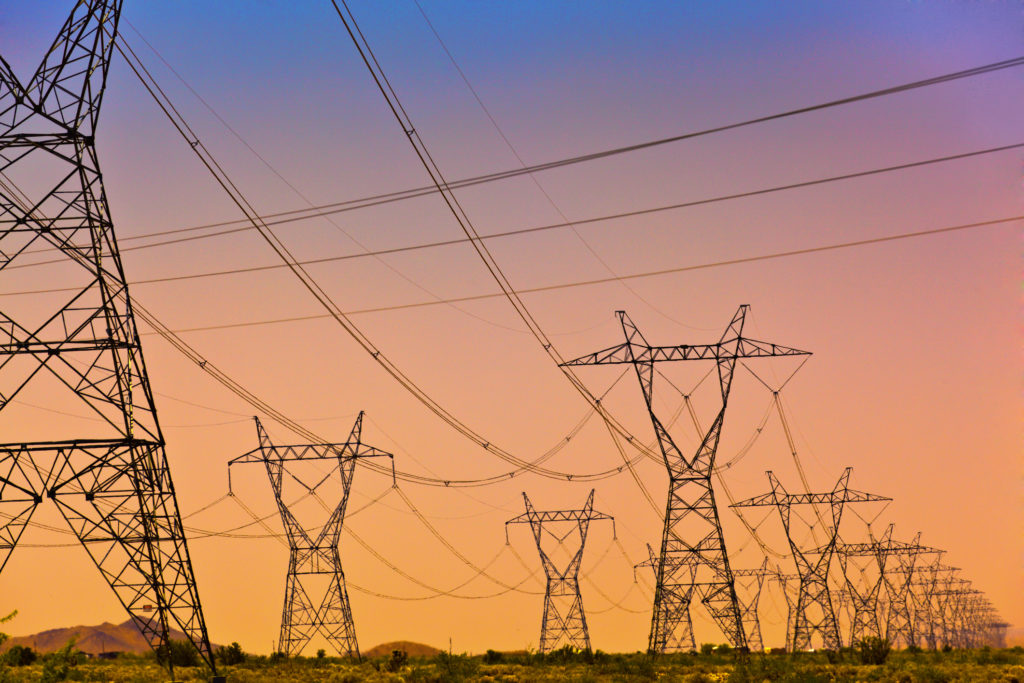Kenya is expected to complete the connection of its national grid with Ethiopia’s by June this year. Energy Cabinet Secretary Charles Keter made the announcement and said that said the new connection will be ready for commissioning at the end of three months.
“Kenya will venture into the power trade businesses with this new regional interconnect. We view this as a critical installation to the development of the country,” said CS Keter.
The Ethiopia-Kenya Inter-connector is Kenya’s second cross-border grid link after Uganda which connects through the Olkaria-Lesos 132 Kilovolts (kV) line. It is also the longest transmission line in East and Central Africa.
Read: KenGen signs contract to drill three geothermal wells in Djibouti Project details
The 1,045km line interconnect at the Moyale common border and has the capacity to carry 2,000 MW of electricity in either direction, the capacity being higher than Kenya’s current maximum consumption (peak demand) of about 1,900 MW.
Construction is complete on the Ethiopia’s side, being shorter, while Kenya’s side is over 90% complete and is expected to go live early next year. On Kenya’s side, it’s being built by the Kenya Electricity Transmission Company (Ketraco).
African Development bank (AfDB) , French Development Bank (AFD) , World Bank and government of Kenya have funded the project at a cost of US $620m. According to CS Keter, Kenya is subsequently expected to round off on power purchase discussions with Ethiopia allowing the pair to undertake alternative power purchases when the inter-connector goes live.
The project is being developed by a consortium of contractors comprising Germany-based Siemens for the converter station, KEC International of India , Larsen and Toubro of India and Kalpataru Power Transmission of India . China Electric Power Equipment and Technology Company is overseeing the line construction. Kenya’s first direct current (DC) line
Kenya-Ethiopia interconnector line, also known as the Eastern Electricity Highway, is Kenya’s first direct current (DC) line having 500kV high-voltage direct current (HVDC). All the other transmission and distribution lines in the country are alternating current (AC) wires.
Direct current transmission is best suited to cover long distance electricity transportation, over 600km on land, in line with global best practices. Through this line, power will be wheeled to the South African Power Pool and this can be on both sides.
Currently, the 400kV Loiyangalani-Suswa 435km line built last year and connecting Turkana wind farm to the national grid holds the top spot in […]
